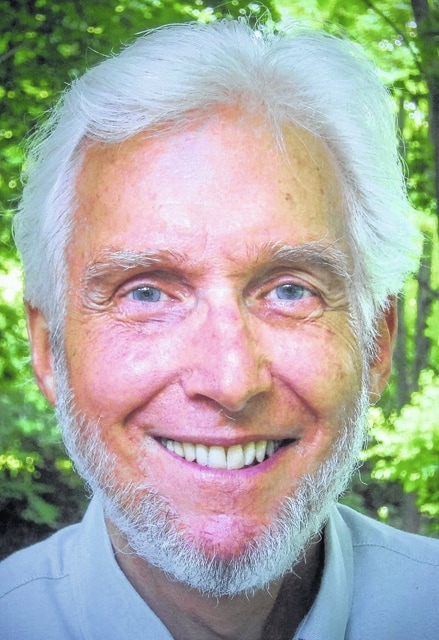
To the editor:
I respond to letters published in The Gazette on Monday, Jan. 18, from Sherrod Brown (“TPP puts Ohio auto jobs at risk”) and the letters about the closing of Buehler’s grocery store from the staff and from Jeff Ruhl.
Jeff Ruhl commented, “We could never understand how city planners could approve a Kroger store so close to Buehler’s and not have a devastating effect.” Ruhl also observed that downtown Delaware was once full of locally owned stores, but then Wal-Mart came to town and “our family stores started to disappear.”
Full disclosure: I chair a coalition of organizations based in Columbus who are working to rebuild our local economy in central Ohio. Our research documents that Jeff Ruhl’s observations are accurate, and the letter from Buehler’s employees underscores the impact on our community. I want to emphasize the connection between the closing of Buehler’s and Sen. Brown’s letter opposing the latest international trade agreement. The underlying cause responsible for the loss of manufacturing jobs and the rise of mega-retail corporations that have displaced many local businesses is economic globalization.
In the past 50 years, Ohio and the Great Lakes states lost about half our manufacturing jobs as large, trans-national corporations moved their operations off shore. The result was a loss of good-paying union jobs and a weakening of cities and towns as companies were shuttered. As this scenario unfolded, it gave Wall Street the opportunity to invest in the retail “chain” stores that offered less expensive goods on a larger scale. Our city planners and economic developers, desperate to make up for the loss of tax revenues from plant closings, began to compete to attract these businesses by offering subsidies in the form of tax incentives, building service roads, connecting city utilities, etc. This has led to the closing of many of our local grocery stores, restaurants, department stores (remember those?), hardware stores, bookstores, office supply stores, etc.
We didn’t vote for a “global consumer society” but this has been the outcome of economic globalization. It is increasingly clear that the success of this remarkable development, built upon computer technology and cheap energy sources, is no longer sustainable. Climate change and income inequality are now seen as major unintended consequences of economic globalization. This explains why we are seeing efforts to reverse this trend around the world by re-localizing our economic base.
Main Street Delaware and more than 200 “buy local” initiatives are now active in U.S. cities and towns. Led as well by the local food movement (and local breweries and wineries), we are waking up to the need to rebuild our local economies in order to revitalize our local neighborhoods and communities. We are also seeing an emerging trend to invest in our local economies. An excellent example in Ohio is the Invest Local Ohio fund, operated by the Economic and Community Development Institute (ECDI.org). ECDI also provides micro loans to small businesses and start-ups.
On a practical level, we can all support the local Delaware economy. We can vote with our dollars by choosing to eat in local restaurants (we have many!), purchasing goods and services in locally owned businesses, and by banking in community banks or credit unions. When we keep our dollars local, we take advantage of the multiplier effect. When our money circulates locally, fewer dollars “leak out” to non-local investors and supply chains.
In Franklin County, a meta-analysis of local economic studies revealed that a modest 10 percent shift from chain to local would add $312 million to the local economy, enough to create 5,000 new well-paying jobs. The same principle applies to Delaware County. We can encourage our city planners and economic development specialists to spend less effort in attracting and retaining nonlocal businesses, and invest more in our own entrepreneurs and small businesses, where the great majority of new jobs are created.
For those interested in gaining more information, I recommend “The Local Economy Solution” and other books and articles by economist and author Michael H. Shuman.
Chuck Lynd
Delaware


